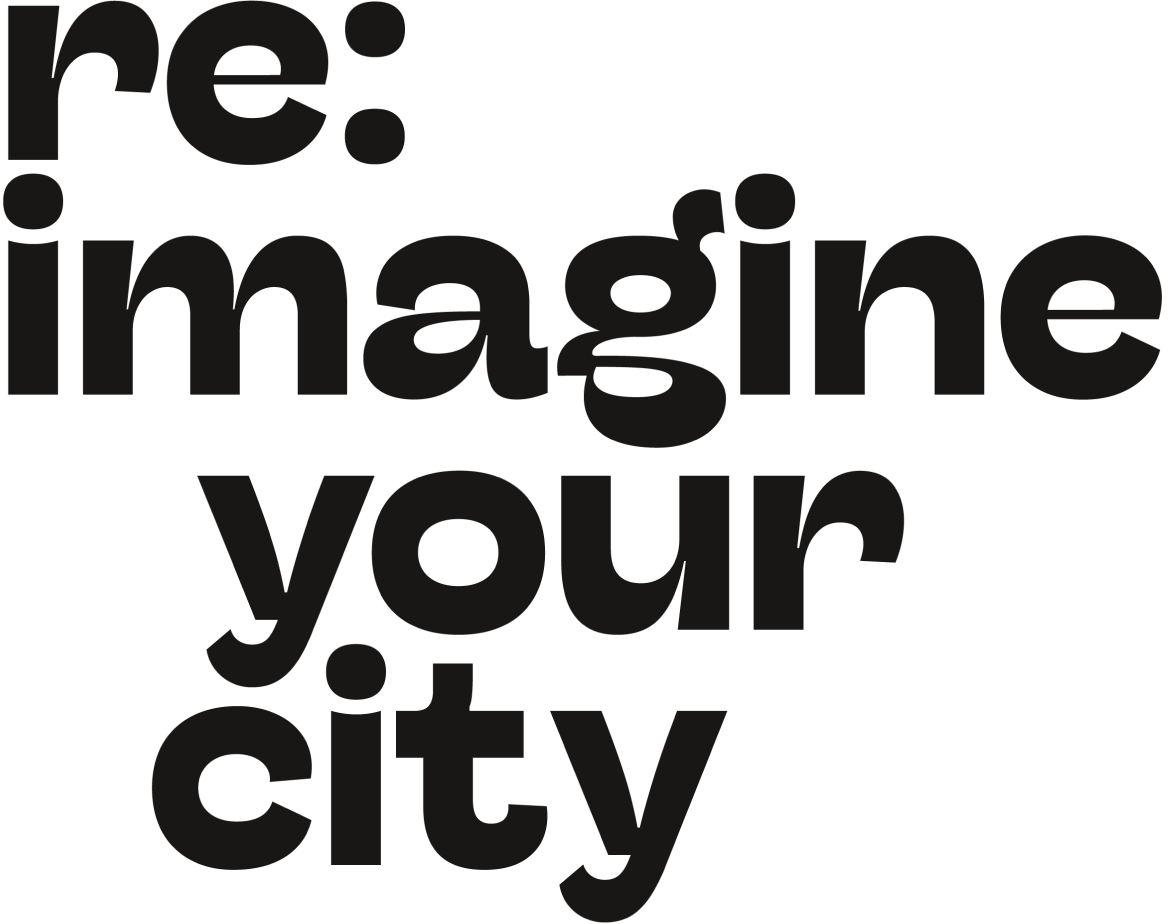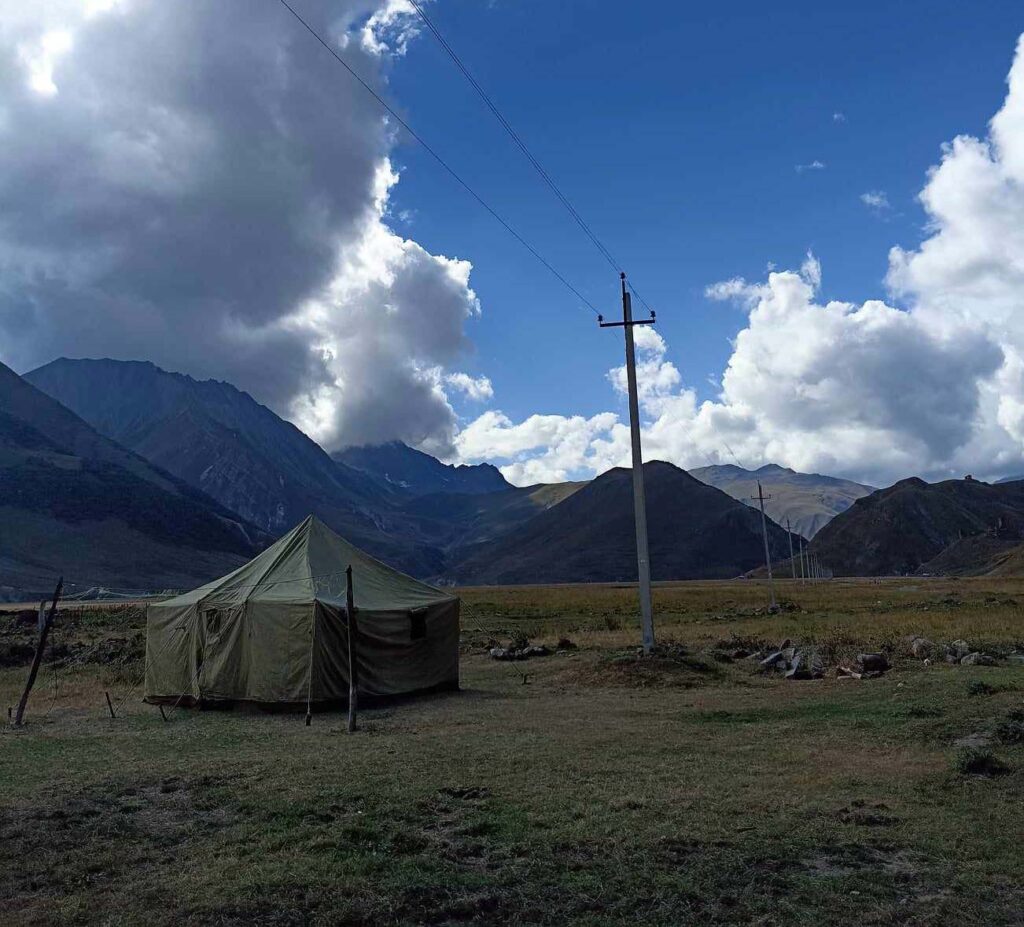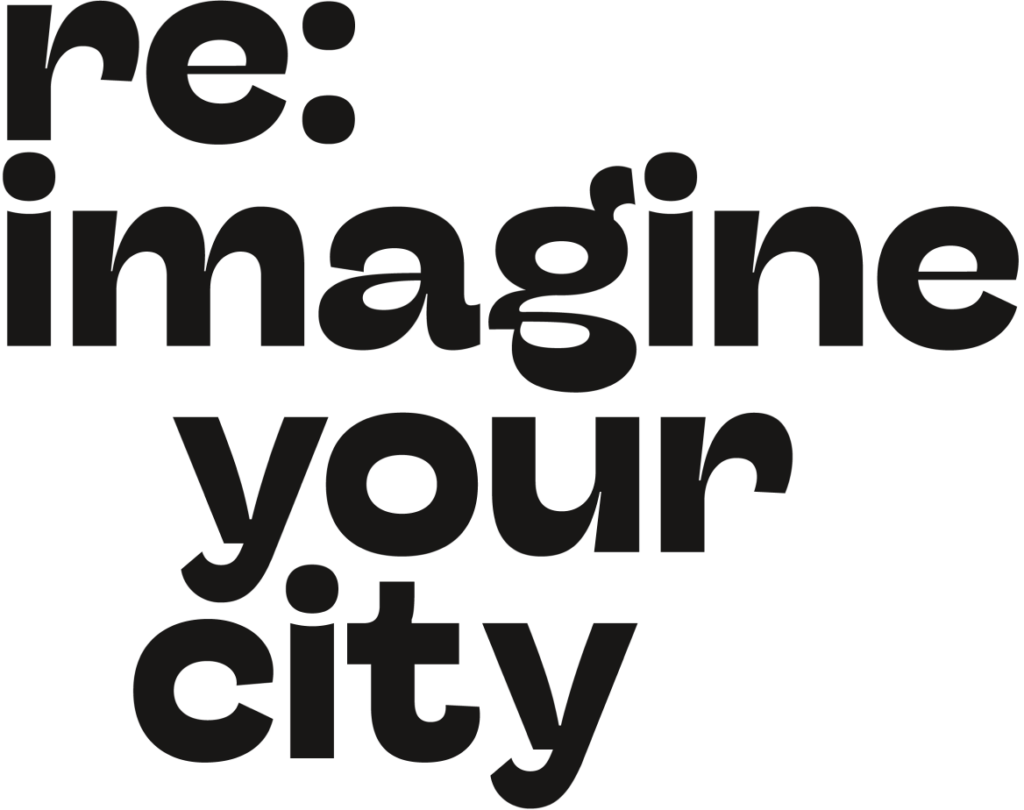Developed and tested in the mountainous region of Kazbegi, Georgia, the toolkit for mobile workshops demonstrates that participation can occur anywhere, from mountains and fields to urban streets, parks, and playgrounds and that any place can be transformed into spaces for sharing, discussions, and even workshops.
Kazbegi, a mountainous municipality in Georgia, faces its fair share of challenges, including a lack of public spaces and opportunities for community participation in decision- making processes. Inspired by Berlin’s “Mobile University,” which aims to foster participation in unconventional settings, the “Backpack Participation” approach was conceived and trialed within the Kazbegi project. The driving force behind this project is the belief that participation should not be confined to conference rooms or government buildings but should extend to every public space where people socialize, interact, and exchange ideas daily.
The “Backpack Participation” toolkit is developed to transform any location into a space for public participation. This mobile workshop kit includes a backpack, a mini projector, moderation cards, and pens. On August 21, the initiative held its first meeting in the village of Gergetisubani. Despite challenging weather conditions, organizers managed to engage with citizens in the streets and backyards, ultimately connecting with ten people ranging in age from a 6-year-old kid to a 70-year-old adult.
Each participant was provided with two moderation cards and asked to jot down the problems they face in the municipality on one card and possible solutions on the other. These simple cards served as conversation starters, leading to insightful discussions. It became apparent that the act of writing allowed citizens to articulate their concerns more comfortably. Even young children eagerly expressed their perspectives, often through colorful drawings.
An interesting pattern emerged as most participants requested not to have their faces shown, reflecting the challenging political situation in the municipality and the citizens’ hesitancy to publicly discuss their issues.
After the initial “Backpack Participation” activity, a meeting with local NGOs was organized on August 22. Six organizations came together, and an agreement was reached to form a coalition to address the identified problems. The citizen- generated problems and solutions were integrated into the coalition’s action plan, a promising step towards effecting change.
The “Backpack Participation” approach’s versatility was further demonstrated during a youth camp organized in the Truso Valley of Kazbegi Municipality from September 8-10. In a tent converted into a mobile training room, 12 teenagers from various local schools, aged 15-17, worked on identifying problems and solutions for the valley. The “Backpack Participation” approach was at the core of their activities, allowing the participants to engage with more than 20 individuals to gather valuable insights.
As the project unfolds, it is evident that the “Backpack Participation” approach holds big potential for supporting participation in remote areas of Georgia and beyond.



